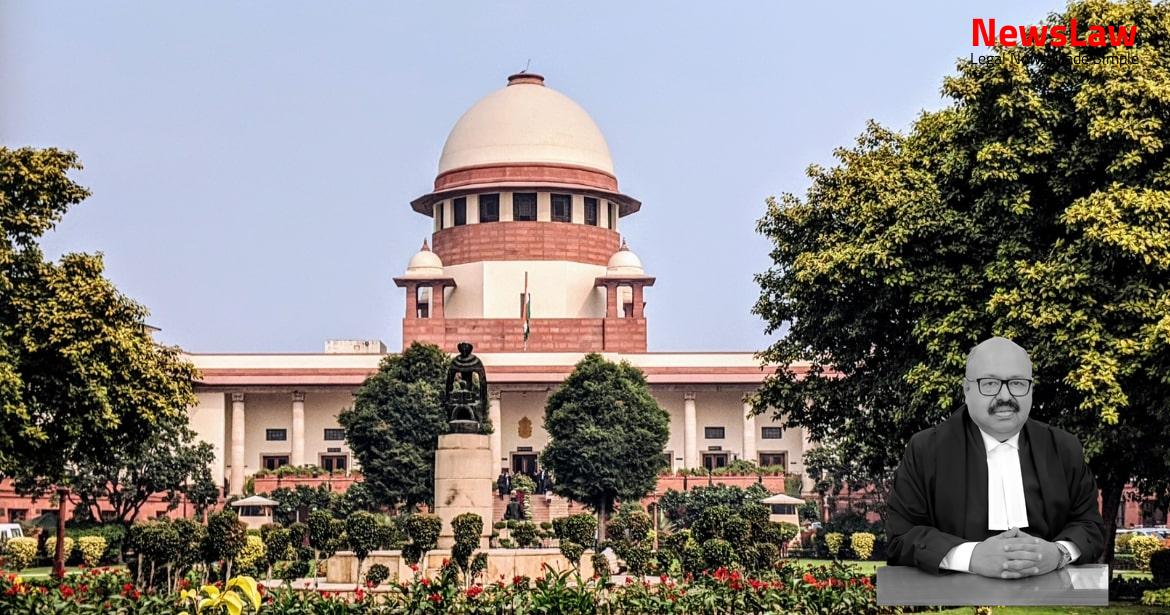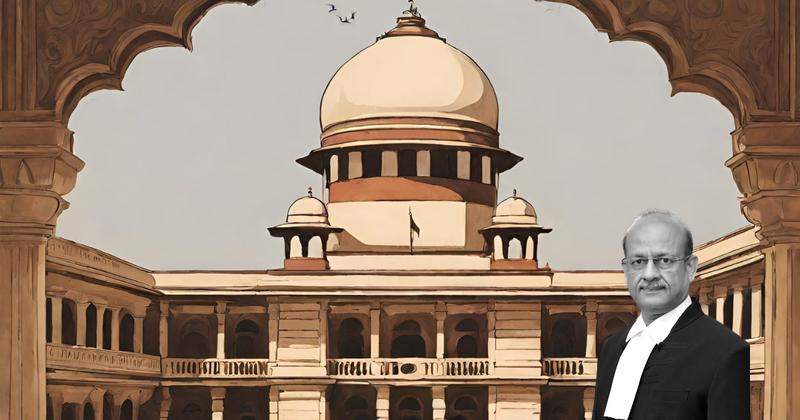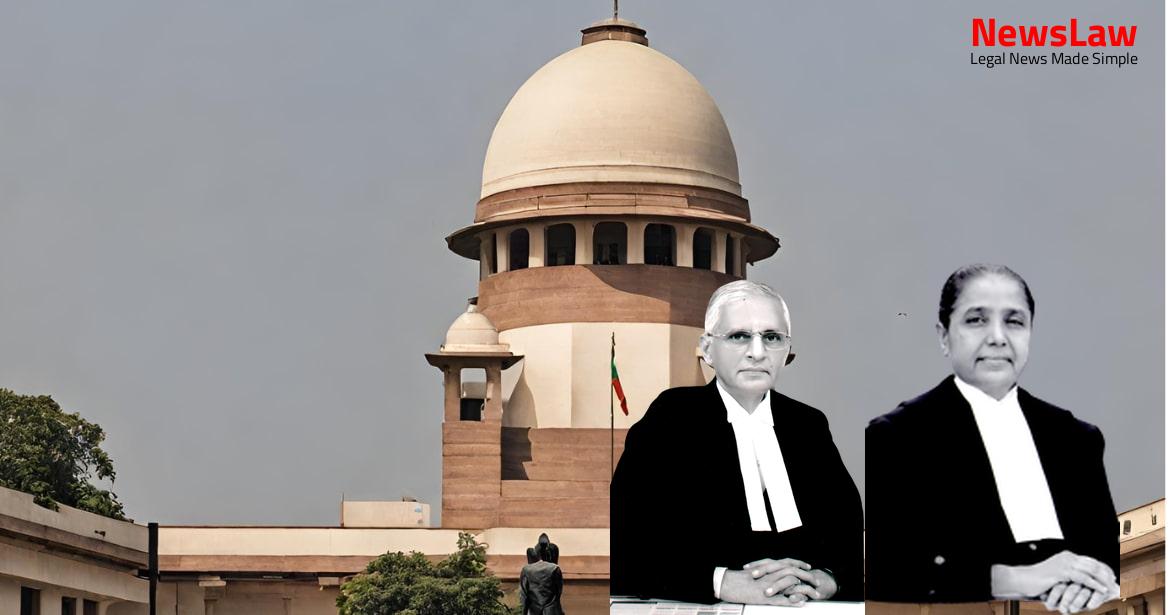Delve into a detailed legal analysis of a recent court judgment regarding Transfer Petitions in Uttarakhand. The judgment highlights the significance of fair trials, impartiality in dispensation of justice, and the sparing exercise of transfer powers by the court. Discover the key considerations and principles elucidated by the court in dealing with transfer petitions within the state or across the country.
Arguments
- The petitioner, an investigative journalist, seeks transfer of three criminal cases from courts in Dehradun to Delhi or other courts outside Uttarakhand.
- The State government denies targeting the petitioner and argues that his apprehensions are unfounded.
- The government counsel asserts that transferring cases impacts the credibility of Uttarakhand’s judiciary, except in cases of severe deprivation of fair justice.
- Two of the cases are property and Will related matters, with one pending for over a decade.
- The government argues that since investigations are concluded and charges filed, there is no basis for interference by the State administration.
- The large number of witnesses being residents of Uttarakhand makes a transfer irrational based on unsubstantiated apprehensions.
- The government notes that the petitioner has filed multiple PILs in the High Court of Uttarakhand in 2020 without impediment, contradicting claims of being targeted for malicious prosecution.
- Senior Counsel for the petitioner highlights his past investigations against the Chief Minister and associates in Uttarakhand as a reason for seeking transfer due to threats and prejudice in conducting his defense.
- The case falls under Section 406 of the CrPC seeking transfer of cases based on threats to life and prejudice in defense.
- The petitioner is accused of using journalism as a cover to grab property.
- Allegations state that none of the sting operations led to the prosecution of anyone in Uttarakhand.
- In most cases against the petitioner, the primary charge is property grabbing.
- The counsel argues that the petitioner’s plea for transfer is non-bonafide and a delay tactic.
Also Read: Insurance Claim Repudiation due to Fire Incident: Court’s Legal Analysis
Analysis
- The Public Prosecutor has wider duties than just ensuring fairness in trial.
- Transfer petitions should not be entertained solely based on apprehensions of a hyper-sensitive person.
- Convenience for transfer means the convenience of prosecution, accused, witnesses, and larger societal interests.
- Decision on transfer petitions should be based on the facts of each case.
- Convenience of parties and witnesses is a relevant consideration for transfer petitions.
- Mere apprehension of injustice does not suffice for transfer of a case.
- The petitioner failed to demonstrate that justice cannot be served in the state courts.
- Availability of witnesses and progress of trial are crucial factors in transfer decisions.
- Transfer power under Section 406 of the Code is to be invoked sparingly.
- Fair justice must be in peril for a transfer plea to be considered.
- Investigating officers have the power to conduct investigations freely.
- State withdrawal of prosecution in many cases against the petitioner is noted.
- Courts are capable of deciding cases based on evidence.
- Courts do not normally interfere with investigations as it falls under the domain of the investigating agency.
- The petitioner did not make a credible case for transferring the trial outside the state.
- Fair trial is the central imperative of justice, not parties’ convenience or minor grievances.
- Public confidence in trial fairness is crucial; transfer can be sought within the state or anywhere in the country.
- In a democratic government, the state must ensure fair trials despite nature of accusations.
- Prosecutor must ensure accused rights are upheld to prevent guilty from going free and innocent from being punished.
- Separation of judiciary from executive ensures impartiality in dispensation of justice.
- Transfer of trial implicates credibility of judiciary and prosecuting agency.
- Transfer should be based on reasonable apprehension of bias, not on conjectures.
- Transfer power must be exercised sparingly and with circumspection.
- Convenience in transfer includes all parties involved, not just the petitioners’ convenience.
- Transfer should only be allowed when there is a well-substantiated apprehension of bias affecting impartiality of justice.
- The credibility of the petitioner’s journalistic activity is questioned in the third case by a member of his sting operation team.
- The court finds it difficult to accept that the cases are solely due to the petitioner’s journalistic activities.
- The prosecution in the three cases cannot be deemed as malicious.
- The Transfer Petitions are dismissed as a result of the above findings.
Decision
- The observations in this judgment are only for the disposal of these petitions
- The observations should not be applicable for any other purpose
- The judgment is specific to the petitions being discussed
Case Title: UMESH KUMAR SHARMA Vs. STATE OF UTTARAKHAND (2020 INSC 605)
Case Number: T.P.(Crl.) No.-000534-000536 / 2019



